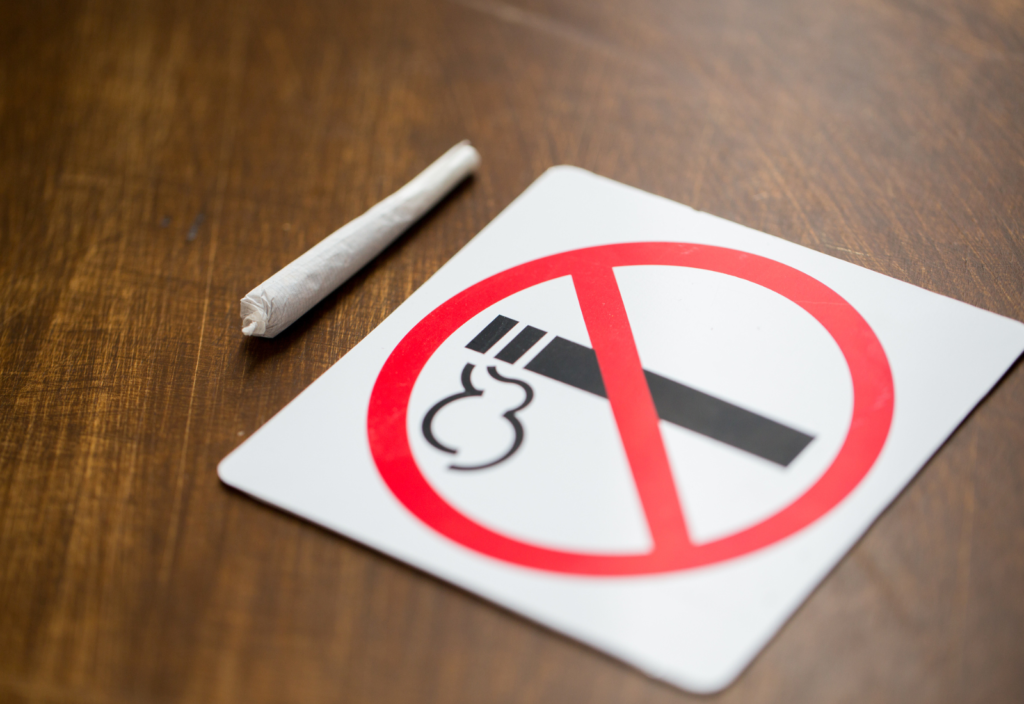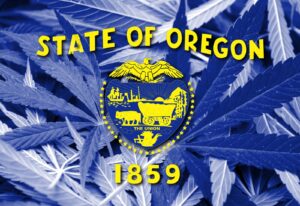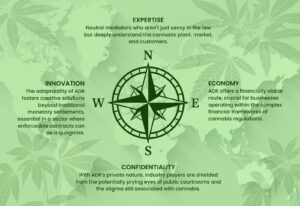The Texas Supreme Court recently upheld the state’s smokable hemp ban. This is bad news for the smokable hemp industry inside and outside of Texas. Today, we’ll look at what happened.
As our readers know, the federal 2018 Farm Bill classified “hemp” as an agricultural product and removed hemp from schedule I of the federal Controlled Substances Act. The Farm Bill authorized states to develop their own regulatory structure to govern hemp under the oversight of the U.S. Department of Agriculture. Texas moved swiftly to adopt its own regulations generally permitting the manufacture and sale of hemp products. Texas prohibited the “processing” or “manufacturing” of hemp-containing products for “smoking.” Pursuant to this law, the Texas Department of State Health Services adopted a rule prohibiting the same.
A group of hemp businesses sued the Department seeking a declaration that the ban on smokable hemp violated the Texas constitution’s guarantee that “[n]o citizen of this State shall be deprived of life, liberty, property, privileges or immunities, or in any manner disfranchised, except by the due course of the law of the land.” (the “due course clause”). The hemp businesses argued the ban on smokable hemp was unconstitutional because it had “no rational connection” to any possible governmental interest and its real-world effect is so burdensome as to be oppressive when compared to any such interest.
The Texas Supreme Court disagreed and upheld the ban on smokable hemp. The court reasoned the hemp businesses have no protectable interest with respect to smokable hemp. The hemp businesses argued that the ban infringes on their liberty and property rights to work and earn a living. Such a right has been recognized by both the Texas Supreme Court and the U.S. Supreme Court. But the court, rather than take a broad view of the right at issue, narrowly defined the right as the right to engage in the economic endeavor of manufacturing and processing smokable hemp products. Such a right, it found, enjoys no constitutional protection given the history of marijuana prohibition at state and federal levels. Consequently, it proclaimed, there is neither a “liberty interest” nor a “vested property interest” in the manufacture and processing of smokable hemp products.
In our view, the die was cast once the court narrowly defined the right at issue and the court’s reasoning is ultimately circular. If the existence of a right depends on its historical regulatory treatment, the court could only reach the conclusion that it did by narrowly defining the right to only include conduct prohibited for nearly a century. In more simple terms, once the court defined the right as the “right to manufacture and process smokable hemp products,” its historical analysis could only lead to the conclusion that no such right exists.
The principal takeaway is the legislative action is probably the only way reverse the ban on smokable hemp.
For more on smokable hemp bans, see:

























